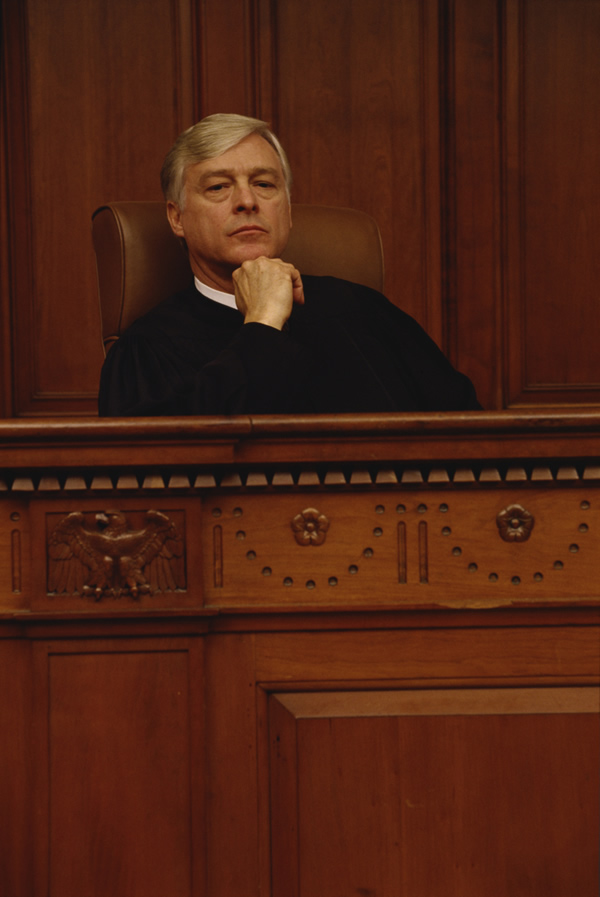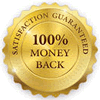There are only a couple of dozen common testimony objections that are likely to be used in most trials. Every experienced civil trial lawyer hears them over and over. These are the Workhorse Two Dozen objections to trial testimony.
It is true that there are a number of other technical testimony objections that can be made. Some evidence texts give lists and discussions that take volumes to explain. But for all practical purposes — in the real world of trials — there are only these Workhorse Two Dozen that you need to remember with unqualified certainty and sure familiarity. When the witness is on the stand, and you need to make an objection to testimony, or overcome your opponent’s argument to the judge, you need a concise and sharp checklist of the points you need to make.
We have found for you the concise summary the top litigator author calls the “Workhorse Two Dozen”.
This Workhorse Two Dozen testimony objections checklist has for you:
- A quick alphabetical check list of the Workhorse Two Dozen objections, for your memory refreshment, then,
- For each of the Workhorse Two Dozen objections, a concise discussion, with
- a form statement of the individual objection to the testimony,
- a short discussion of law or theory for your quick reference and argument to the court, and then
- a form response to the objection.
What the Workhorse Two Dozen does for you:
- Workhorse Two Dozen will make you better organized than you ever have been in presenting quick and to the point objections at trial.
- Workhorse Two Dozen will give you the confidence of knowing that an expert trial attorney has coached you on the objections that need to be made, time and time again, and that the adverse attorneys are going to make in your next trial, and how to handle these situations.
- Workhorse Two Dozen is a very low investment with a high value return.
In every trial there is testimony. In every trial there are objections to testimony. You have to state specific grounds. After the ritual word “objection,” you must tell the judge the specific grounds for your objection. The law requires you to be specific in the statement of the objection and in the sidebar argument to the court.
It is true that it is permissible to simply broadly say: “Immaterial and irrelevant” or “no proper foundation” or “improper form,” without specifying the exact problem with the question or offered exhibit. But you cannot rely on a broad objection. The trial judge is legally justified in considering a broad objection a meaningless objection (and may not have his/her attention on the problem you see). If the judge overrules your broadly stated objection, the appellate court will hold that your failure to draw the trial court to the specific grounds of your objection renders your objection meaningless. Cf., Fed. Rules Evid., Rule 103: Error may not be predicated upon a ruling which admits…evidence unless…a timely objection or motion to strike appears of record, stating the specific ground of objection, if the specific ground was not apparent from the context…. [Emphasis supplied.] Or, see, e.g., N.H. Rules Evid., Rule 103: Error may not be predicated upon a ruling… admitting evidence, [unless] a contemporaneous objection appears of record, stating explicitly the specific ground of objection…. [Emphasis supplied.] An objection is not specific if the objection is only that the offered evidence is r “prejudicial, irrelevant and immaterial”. See, e.g., Peerless Oil & Gas v. Teas, 158 S.W.2d 758 (Tex. 1942)]. A “specific objection” is one which enables the trial court to understand the precise defect, and — equally important — gives the offering party the opportunity to respond directly and remedy the defect if possible. See, e.g.. De Los Angeles Garay v. TEIA, 700 S.W.2d 657 (Tex. App.—Corpus Christi 1985, no writ).
The legal need to be specific is the reason you need to read this checklist over before each trial, and have this testimony objections checklist in your trial notebook.
Over the years, this Workhorse Two Dozen checklist form will save you in court time after time, making your objections laser targeted so the trial judge has confidence in you and the objections you make. Workhorse Two Dozen both wins objections and also and also is an image builder for you when the court remembers your trial manner.
The fact is, most attorneys are not specific in their objections to the court for one simple reason: they have not recently read a quick summary of the evidence law they learned in law school.
But that doesn’t have to be you! You have available the Workhorse Two Dozen.
- Workhorse Two Dozen will give you the confidence of knowing that an expert trial attorney has coached you on the form and elements of objections that need to be made, time and time again, and that the adverse attorneys are going to make in your next trial, and how to handle these situations.
- Workhorse Two Dozen is a very low investment with a high value return.
Not only will you get a great checklist for your trial notebook, you’ll get it for the special pricing of only $24.90.
The fact is, just the FEELING of being prepared must be worth $24.90. Consider your small investment a little “emotional insurance policy”.
If Workhorse Two Dozen makes you feel more confident in trial, or wins one objection for you – it will have paid for itself. Confidence wins cases.


